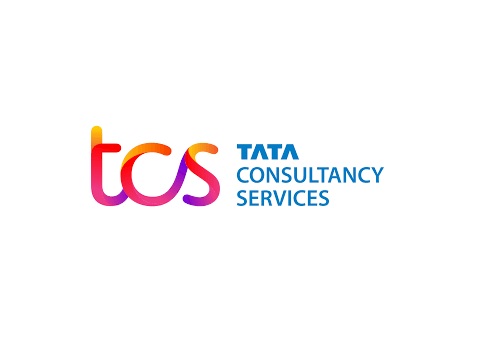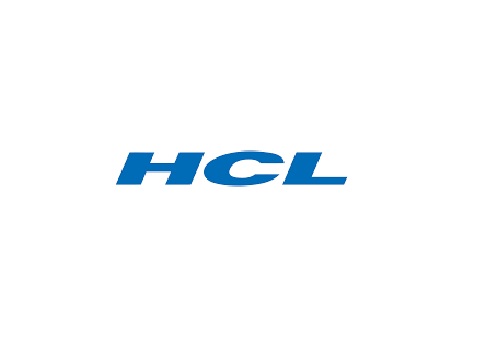IT Sector Update : Tech disruption, protectionism, & weak macro by InCred Equities

* Like CY12/13, the sector may be facing a lethal combination of headwinds.
* AI adoption is likely impacting volume growth. Backfilling could be challenging.
* YTD US federal & state government payrolls saw a reduction of 113k.
We learn from history but conveniently overlook occasionally
Although our sector rating downgrade to Neutral on 2 Feb 2025 was on the basis that tariffs & related uncertainty is not conducive for IT spending, decision-making and, in turn, for earnings upgrade, the pertinent question for investors today is “what is the extent of operating model disruption in an AI-first world & in the backdrop of protectionism & weak macro.” The rationale is that although valuations appear reasonable vs. their five-year average, the sector could be facing a set-up like CY12/13, which saw a combination of headwinds from technology disruption (cloud), protectionism (visa), and macroeconomic challenges, leading to growth moderation subsequently (Fig. 1). Put together, it could moderate the growth of services companies over a longer horizon than anticipated and warrants a revisit to the valuation thesis.
AI transforms everything - could shrink the scope of work
Artificial intelligence (AI) is starting to disrupt everything, especially software development and could shrink the scope of traditional application development, customization and maintenance work and, in turn, volume growth. To illustrate, recent industry interactions suggest deploying AI tools for data projects (labelling, annotation, synthesization) is driving a 20%+ deflation in volume. Backfilling such a quantum in the absence of structural demand tailwinds, as seen in the post Covid-19 period, could be demanding. Finally, although the disruption may not mean displacement, growth expectations need to be altered.
Adoption could be like cloud curve: B2C followed by enterprise
As witnessed during the cloud era, the adoption could be gradual as the technology trend starts with consumers, startups and small businesses, with the eventual embrace by medium & large enterprises as solutions/platforms standardize & applications are robust. Conversely, cloud adoption post Covid-19 may have accelerated such standardization, which, coupled with the Retrieval Augmented Generation (RAG) architecture for better retrieval of unstructured data, could mean a steep adoption curve.
Protectionism increases the cost of doing business
Recent US visa regulations could 1) delay deal closures or project starts as clients & vendors re-evaluate the contract terms, and 2) increase sub-contracting costs over time as talent scarcity and near-shoring could increase onsite wages. Analyzing such protectionism measures historically (visa fee increase in 2010, localization, etc.) suggests that the cost of doing business has increased (Figs. 2-4). Finally, offshoring and global competency centre or GCC-as-a-service is an alternative but must be viewed in the context that 1) critical roles require regulatory clearances and are difficult to offshore, and 2) material offshoring is revenue deflationary first and then EBIT margin beneficiary.
Challenging macro makes productivity the key tool to gain share
An analysis of US jobs data, shared in our 2 Feb 2025 sector update, suggests that government hiring (federal, state, and local) accounted for an average ~25% of total nonfarm payrolls (NFP) during 2023-24 vs. an average 6.9% during 2014-22, and an average 2.9% during 2011-20. Interestingly, government accounted for 1.3% of NFP in Aug 2025 (Fig. 11), led by local, while state & federal saw a reduction and does not bode well for consumer demand and, in turn, for corporate America. In this backdrop, productivity passback could be a key tool to win market share, which, in general, could limit earnings upgrade.
Put together - converting order book to revenue could be taxing
Although the demand environment is stable & broad-based across verticals, the urgency to spend is lacking, and could impact order book conversion. In this backdrop, we believe the reasonable valuation thesis warrants a revisit as it cannot remain sacrosanct in the absence of earnings upgrade. Finally, with capital allocation at its peak, prolonged subdued earnings growth may drive valuations towards their historical averages
Above views are of the author and not of the website kindly read disclaimer























